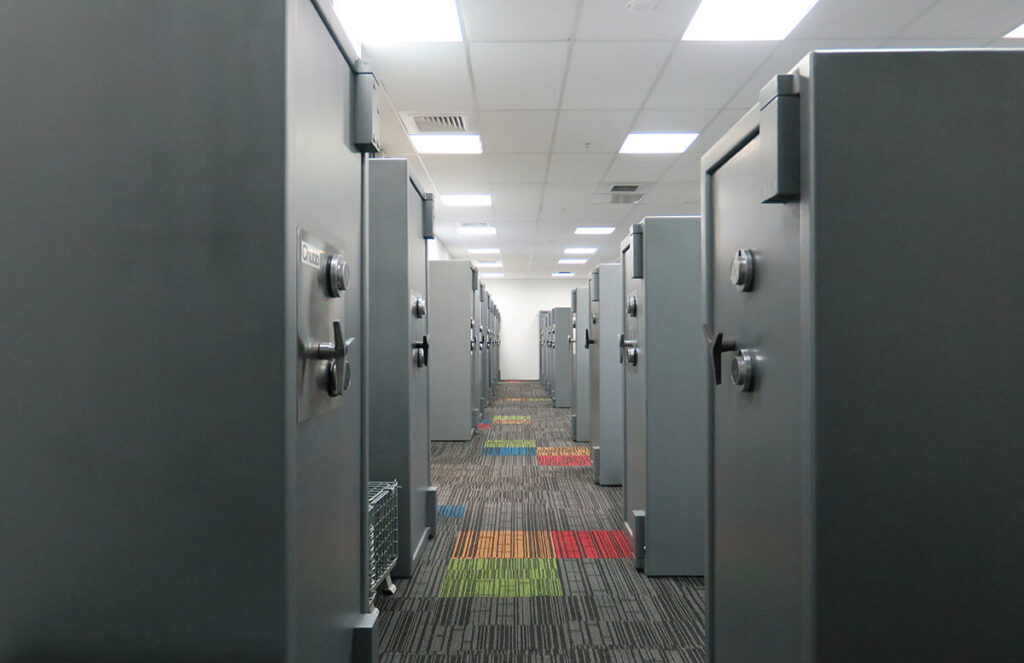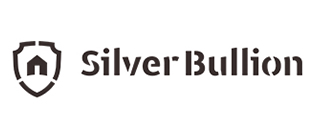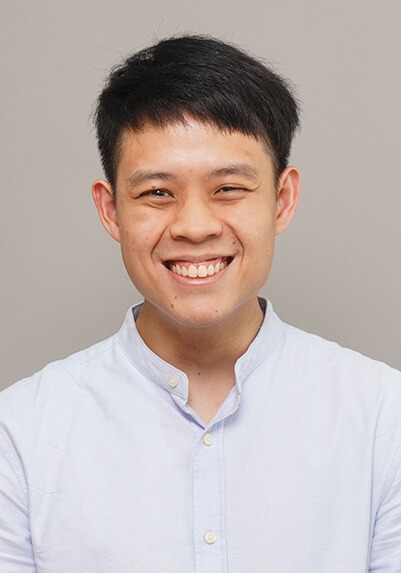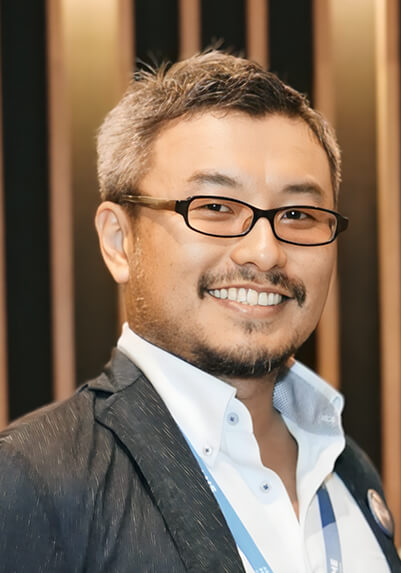Navigate
Article List
- GROWTH & INNOVATION IN GOLD: THE ABC STORY
By Nicholas Frappell, Global Head Institutional Markets, ABC Refinery
- DE-GLOBALISATION, ASSERTIVE WHITE HOUSE & DUAL MANDATE FED KEEPING GOLD BID
By Bart Melek, Managing Director & Global Head Of Commodity Strategy, TD Securities
- SBMA DELEGATION TO JAKARTA 2025: STRENGTHENING CONNECTIONS WITH INDONESIA’S GROWING BULLION MARKET
By Albert Cheng, CEO, SBMA
- MASTERS OF INNOVATION: MTS GOLD’S DIGITAL TRANSFORMATION JOURNEY
By Nuttapong (Golf) Hirunyasiri, CEO, MTS Gold Group
- ASIAn investors BUY INTO THE GOLD RALLY
By Nikos Kavalis, Managing Director, Metals Focus Singapore
- GOLD: THE FUTURE IS ASIAN
By Marissa Salim, Senior Research Lead, APAC, World Gold Council
- SINGAPORE’S GOLDEN MAGNET: THE WEALTH SHIFT FROM WEST TO EAST
By Joshua Rotbart, Founder, J. Rotbart & Co.
- APPMC 2025: GET READY TO CONNECT ASIA TO THE WORLD!
By KL Yap, Chairman, SBMA
- SBMA News
By SBMA
Article List
- GROWTH & INNOVATION IN GOLD: THE ABC STORY
By Nicholas Frappell, Global Head Institutional Markets, ABC Refinery
- DE-GLOBALISATION, ASSERTIVE WHITE HOUSE & DUAL MANDATE FED KEEPING GOLD BID
By Bart Melek, Managing Director & Global Head Of Commodity Strategy, TD Securities
- SBMA DELEGATION TO JAKARTA 2025: STRENGTHENING CONNECTIONS WITH INDONESIA’S GROWING BULLION MARKET
By Albert Cheng, CEO, SBMA
- MASTERS OF INNOVATION: MTS GOLD’S DIGITAL TRANSFORMATION JOURNEY
By Nuttapong (Golf) Hirunyasiri, CEO, MTS Gold Group
- ASIAn investors BUY INTO THE GOLD RALLY
By Nikos Kavalis, Managing Director, Metals Focus Singapore
- GOLD: THE FUTURE IS ASIAN
By Marissa Salim, Senior Research Lead, APAC, World Gold Council
- SINGAPORE’S GOLDEN MAGNET: THE WEALTH SHIFT FROM WEST TO EAST
By Joshua Rotbart, Founder, J. Rotbart & Co.
- APPMC 2025: GET READY TO CONNECT ASIA TO THE WORLD!
By KL Yap, Chairman, SBMA
- SBMA News
By SBMA
SINGAPORE’S GOLDEN MAGNET: THE WEALTH SHIFT FROM WEST TO EAST
By JOSHUA ROTBART, Founder, J. Rotbart & Co.

The numbers tell the story
Since 2014, private gold holdings in Singapore have surged sixteen-fold, rising to over 800 tonnes

Where’s the money coming from?
Why Singapore? The TLDR version
Such outflows from the U.S. and Europe are part of a broader “flight to safety” by the wealthy. Their choice to store their gold in Singapore is more than a reactive response to uncertainty. It is a calculated and strategic move driven by factors that underscore the city-state’s unique value proposition. Singapore offers what the West no longer can: a winning combination of strategic location, a business-friendly approach, advanced infrastructure, a skilled workforce, tax incentives, political stability underpinned by the rule of law, and high quality of life.
What’s Next?


























